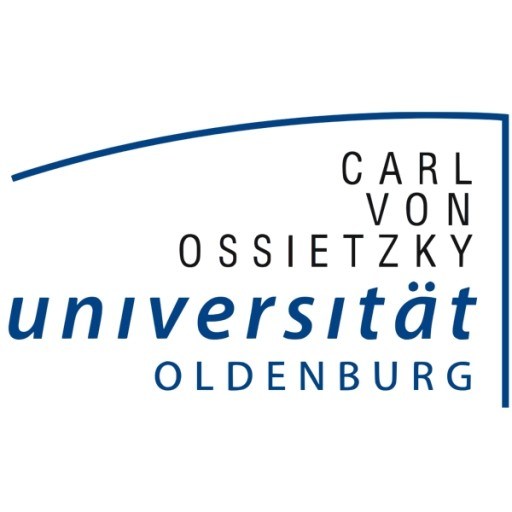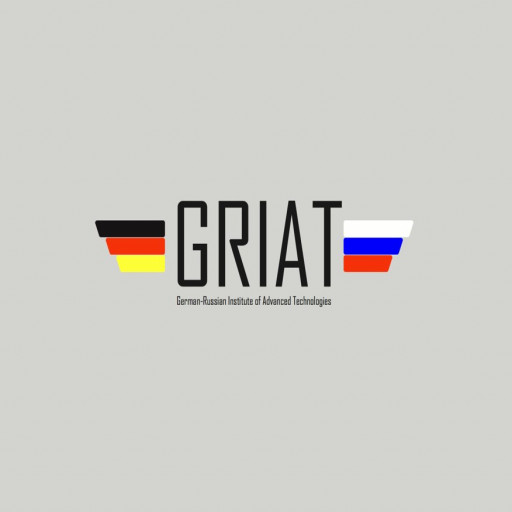The Bachelor's degree program in Engineering Physics at the University of Oldenburg offers students a comprehensive education that bridges the fields of physics and engineering. Designed to prepare graduates for a wide range of careers in science and technology, this program combines fundamental physics principles with practical engineering applications, emphasizing problem-solving skills, analytical thinking, and innovative approaches to complex technical challenges. Students will explore core areas such as classical and modern physics, electrical engineering, materials science, and computational modeling, acquiring both theoretical knowledge and hands-on experience through laboratory work, projects, and internships. The curriculum is structured to foster interdisciplinary understanding, enabling graduates to work effectively in areas like renewable energy, nanotechnology, information technology, and advanced materials. The program also emphasizes research literacy, encouraging students to participate in research projects under faculty supervision, and promoting a mindset of continuous learning and scientific curiosity. With a focus on sustainable and environmentally friendly engineering solutions, the program aligns with current global trends towards green technology and sustainable development. The teaching approach combines lectures, seminars, laboratory experiments, and project work, supplemented by modern digital resources and collaborative learning environments. The university's strong ties with industry partners provide students with valuable internship opportunities that enhance their practical skills and employability. Graduates of the Engineering Physics program at the University of Oldenburg are well-equipped to pursue careers in research institutions, technology companies, or continue their studies at the master's level. Overall, this program aims to develop highly skilled, innovative engineers and scientists who can contribute to technological advancement and address the technical challenges of the future with scientific rigor and engineering expertise.
Educational organisation
Approx. one-third of the study time is arranged in fixed courses in simulation/modelling, quantum mechanics, materials sciences, solid state physics, seminar engineering physics, and management. All other courses can be chosen according to the subject of specialisation. Personal initiative and individual work are encouraged through long-term projects in the laboratory.The specialisation Biomedical Physics offers the great opportunity to obtain the "Fachanerkennung Medizinische Physik" from the "Deutsche Gesellschaft für Medizinische Physik (DGMP)".
Within the specialisation Renewable Energies it is possibly to achieve a double degree in the Erasmus Mundus Master's programme "European Wind Energy Master". Further information and application procedure can be find at http://www.windenergymaster.eu.
The European Wind Energy Master consortium is composed of four universities, world leaders in Wind Energy and Offshore Wind Energy research and education (Technical University of Denmark, Delft University of Technology, Norwegian University of Science and Technology, University of Oldenburg).
Engineering Physics is offered by the University Oldenburg and the University of Applied Science Emden/Leer. Several lectures and laboratory projects on laser technology are given in Emden. You will receive a "Semesterticket" when you enrol which allows you to use public transport free of charge.
Individual part-time studies are possible.
Study abroad unit(s)
It is possible to spend one semester of studies at a partner university outside Germany.Students studying the European Wind Energy Master (Wind Physics) will spend their first and third semesters at the Technical University of Denmark.
Internships
An internship of six weeks is to be completed in a research institution or company and will be rewarded with nine ECTS credit points. Implementation in the Master's thesis is possible. Career Service will assist students in finding an appropriate internship.Forms of assessment
- Written or oral exams after the lecture period, controlled lab reports, written thesis to be defended
- 120 ECTS for the complete programme
Course objectives
The course concentrates on fundamental theoretical and applied physics, a well-known solid foundation for careers in pure science as well as business. Our programme adds solid knowledge of engineering and practical training as a senior scientist in the laboratory projects to this well-established profile.Combining engineering and scientific skills with a chosen specialisation in Biomedical Physics & Acoustics, Renewable Energies or Laser & Optics, graduates are well equipped with urgently needed qualifications for research and development. Due to the high level of multidisciplinarity and the impact of physical methods on established and upcoming medical and diagnostic applications, this field has very interesting and broad career opportunities.
Language requirements
Command of German:Proof of German language ability for university entrance can be demonstrated through one of the following tests:
- TestDaF level 3
- "Prüfungszeugnis der Mittelstufe I"
- the language course "Deutsch als Fremdsprache"
- "Deutsches Sprachdiplom der Kultusministerkonferenz Level II"
- DSH 1
- "Kleines oder Großes Deutsches Sprachdiplom"
- "Zentrale Oberstufenprüfung" of the Goethe Institute
- "Feststellungsprüfung des Studienkollegs" (University Preparatory Course final exam)
Command of English:
- IELTS Test "Band 5.5"
- TOEFL Test 80 (internet-based)/200 (computer-based)
- CPE Test Grade C
- CAE Test Grade B
Required DSH / TestDaF
YesAcademic requirements
A first academic degree, Bachelor's degree (or equivalent) in a subject related to engineering physics is required.Enrolment fees
Approx. 330 EUR per semester (including semester ticket for free public transport)Students studying the European Wind Energy Master do not have to pay enrolment fees.
Costs of living
Approx. 700 EUR per monthJob opportunities
Student assistant positions are available.Arrival support
The International Student Office offers an orientation week to new students providing information about studying and living in Oldenburg, residence permits, etc. The programme includes tours of the university and the city of Oldenburg as well as cultural activities. Tutors - advanced foreign and German students - give guidance and support on academic and social matters. Further information: http://www.uni-oldenburg.de/en/iso/Services and support for international students
Intensive study guidance counselling is provided by professors and lecturers.There are special campus activities for international students.
Accommodation
Furnished accommodation is available at a cost of 150 to 250 EUR per month (halls of residence or private).If you want to come to Oldenburg from abroad, there is now less need to worry about accommodation or other organisational matters. The Studentenwerk Oldenburg offers international students a service package for 964 EUR, which includes accommodation for six months and other services that should help you get started. Furthermore, a counselling service is available to get you safely through your first weeks and months in Oldenburg.
For further information and application form, please check:
http://www.studentenwerk-oldenburg.de/en/internationale-studierende.html






